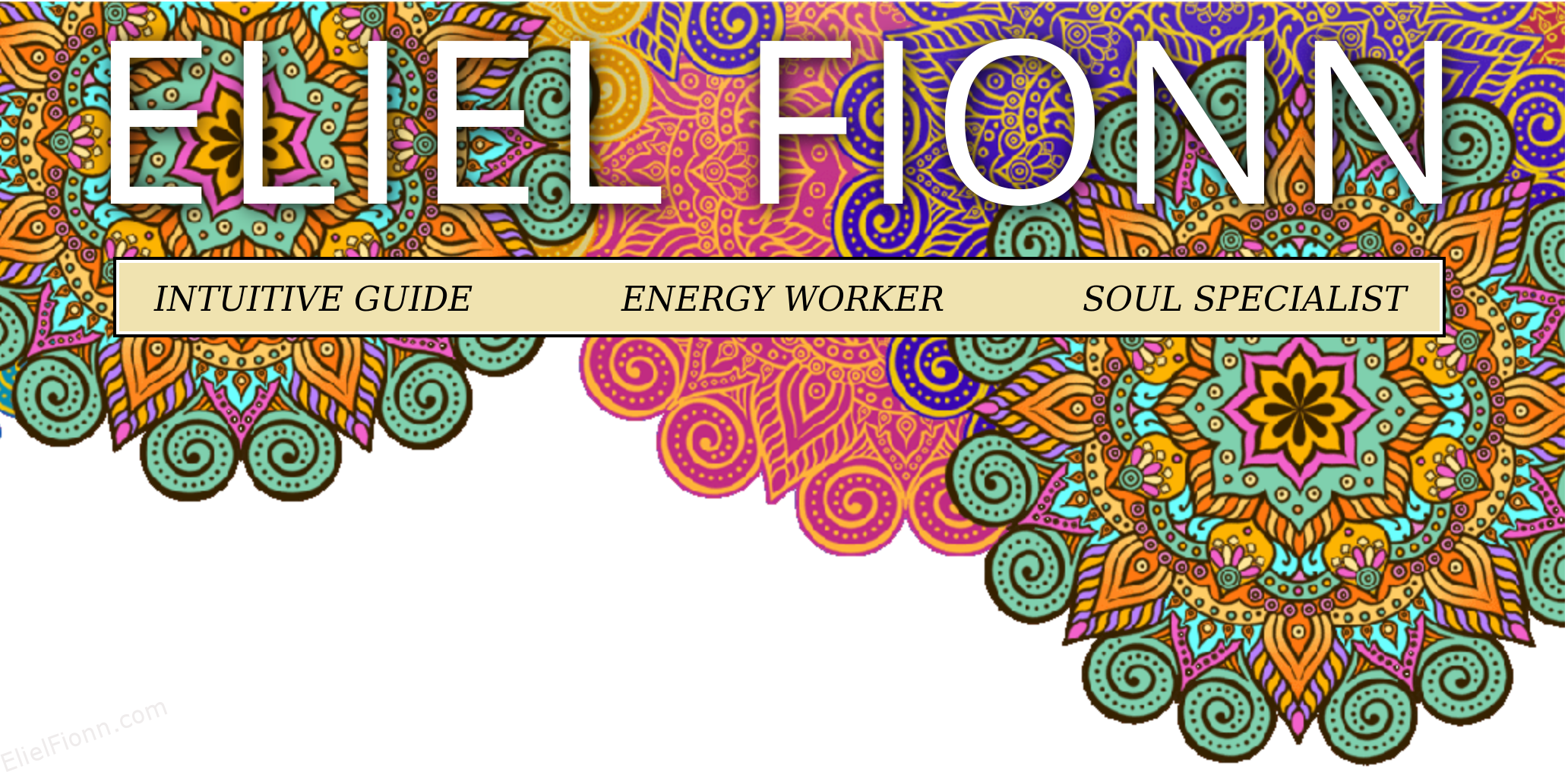Not Broken
I’ve heard therapists say it about their clients, friends say it about their friends, casual acquaintances mention it regarding someone who’s going through a hard time. And every time I hear, “He’s broken, she’s broken, they’re broken,” I wince. Why? Because broken is a label that dehumanizes, that treats people as if they are machines. Every time I hear this phrase, I picture a person broken down by the side of the road with others walking by glad that it’s not them. And yes, there is a patronizing quality in, “She’s broken,” as if the person saying it is better, more whole, not as prone to the dings and pains of being human.
Being “broken,” implies that we need fixing, usually by something or someone else. And we all do need help sometimes. But if you go out there and break a leg, usually the doctor puts it in a cast, recommends rest and elevation, and tells you it will heal in about six weeks. Your leg may be broken, but no one suggests that you are. We humans have this amazing innate ability to heal, given the right support, education, and encouragement.
Being broken also implies that something doesn’t work, that you don’t work, and in a capitalist society, not working is the ultimate sin. We categorize people by whether they have a “good job,” or not, usually one that pays well, rather than one that brings joy and a sense of service and purpose. People who are not working for money at all, like stay-at-home parents, are considered less powerful in this society. If your life is “not working,” if you are unable to conform, you are considered less valuable as a human being.
Labeling someone, “broken,” puts them in a category of “the other,” and it’s a lot easier to ignore, dismiss, and incarcerate “broken others.” So, no, you’re not broken. You may be going through utter hell, you may have scars from physical injury, emotional trauma, or be grieving the fate of mankind, but you’re not broken, you’re human.

